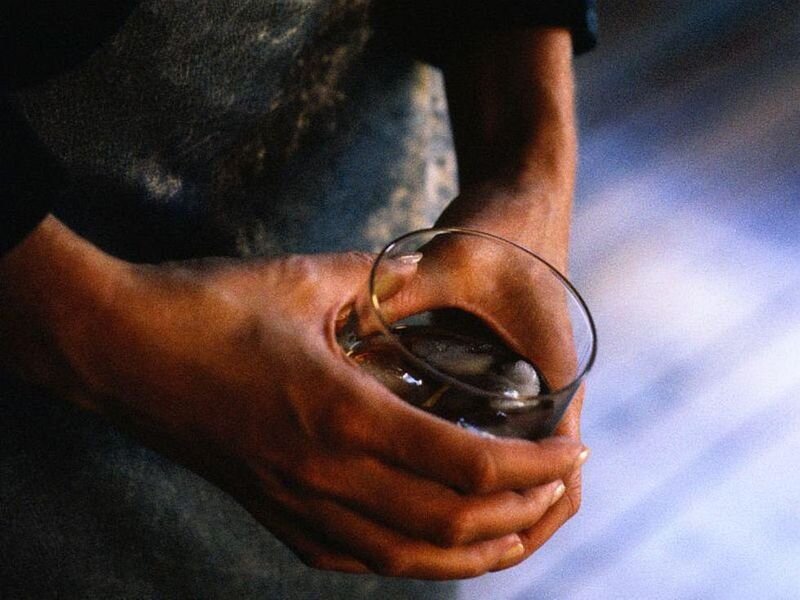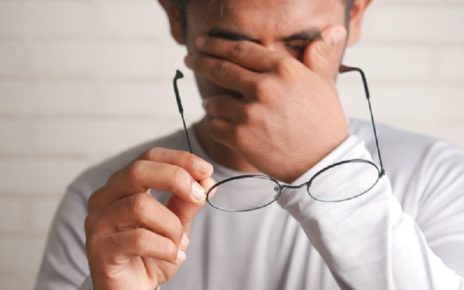The prevalence of binge drinking, which has already resulted in countless preventable fatalities, is particularly concerning. Why do people binge drink? Women who consume more than four drinks in two hours and males who consume more than five drinks in the same time frame are said to be binge drinkers. Strangely, despite the fact that binge drinking is a big part of college culture, most incidents of alcohol poisoning affect people between the ages of 35 and 64. This may be due to aging-related changes in body chemistry. Also, older persons are more likely to receive prescriptions for medicines that may interact with alcohol or because their preferences for particular pharmaceuticals have changed. White, middle-aged males are the group most at risk for alcohol poisoning deaths.
In other words, they were neither reliant on alcohol nor addicted to it. Ninety percent of binge drinkers did not have an alcohol use disorder. 30% of all alcohol-related deaths were determined to have AUD. This indicates that a risk factor for alcohol poisoning is having a AUD. The fatal symptoms can show themselves and an accident can happen if people around have no idea what to do. It is necessary to call the emergency services to get the person to the hospital. Alcohol poisoning can take your life while alcohol withdrawal and anxiety and their proper treatment can save it.
The Body’s Reaction to Alcohol Poisoning
One serving will stay in the person’s system if they consume a second serving since the liver can only process one serving per hour. Processing time for this will be another hour. Alcohol is typically consumed as a beverage, making it simpler for alcohol to enter the bloodstream and go to the brain via the digestive system. The risk resides in the fact that this substance has one of the most gradual onsets of intoxication when compared to other drugs. If they quit drinking once they start to experience intoxication symptoms, they could still become poisoned by alcohol.





